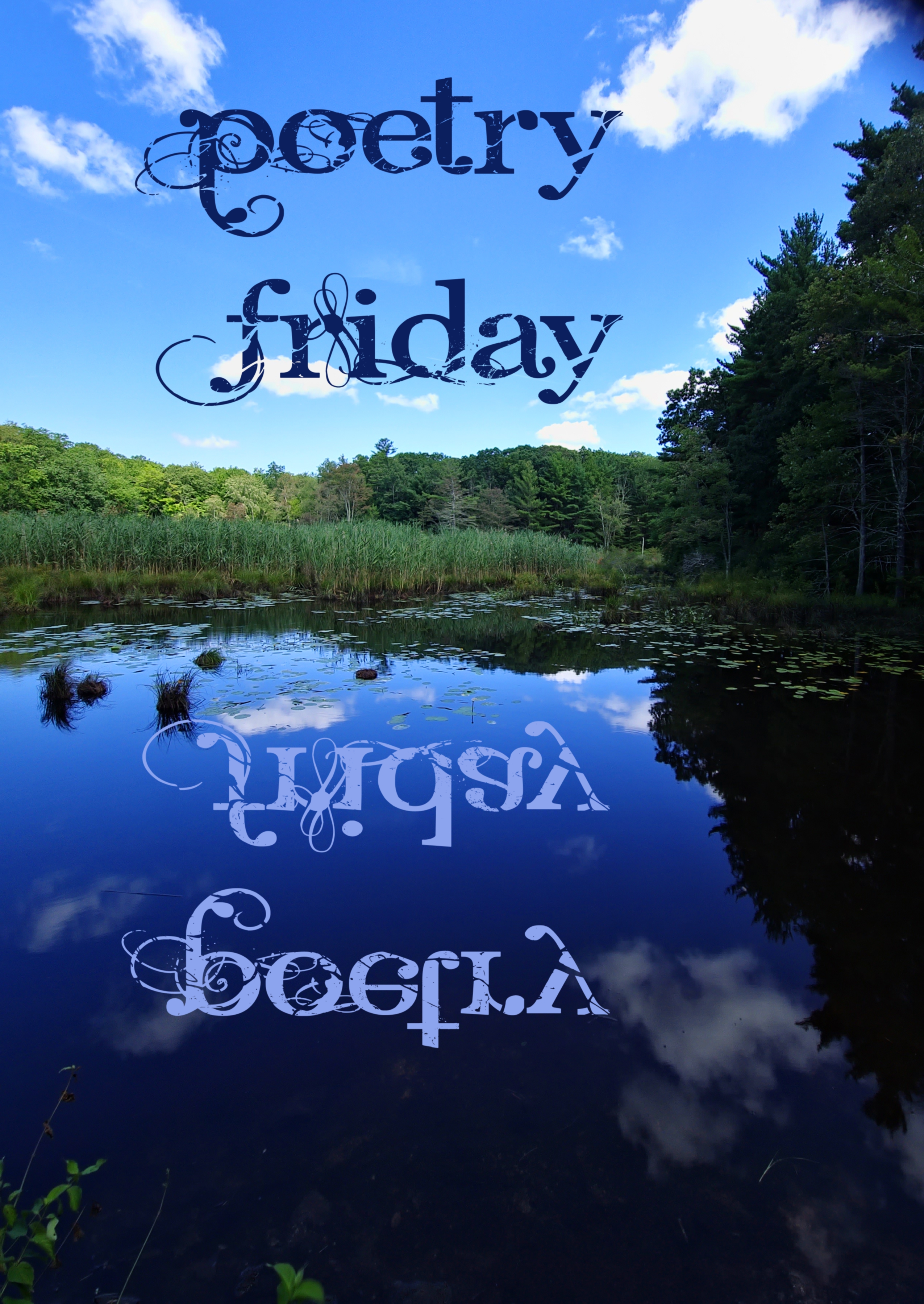Are you an introvert or an extrovert?
Although the answer may feel obvious, the question feels personal, doesn't it?
I am pretty solidly in the introvert camp. That is not to say, I can’t speak to a large audience, socialize at a cocktail party, or lead a meeting. Sure, I have the capability to behave extrovertedly when necessary, but at my core, I get more energy from quiet activities than crowds.
I just finished the book Quiet, by Susan Cain (selected by our book club - which, perhaps not surprisingly, includes a number of introverts). If you are predominantly an introvert, or if you have children who are introverts, you will probably appreciate this book. It sings the praises of introverts as well as pointing out some areas where we may struggle.

According to Cain (and the researchers and philosophers that she sites):
Extroverts – tend to gain energy external stimulation and recharge by being with a group of people.
Introverts – tend to gain energy from activities of the mind and recharge with alone time and quiet. (Note: introversion does not necessarily equate to shyness.) Introverts also tend to:
-
- be able to delay gratification,
- function well without sleep,
- prepare more than others,
- persevere through difficulty,
- learn from mistakes,
- ask what if …,
- remain relatively immune to the lures of wealth and fame,
- listen more than talk, and
- express themselves better in writing than with public speaking.
Western culture, particularly the United States prizes extroverts. This sometimes results in undervaluing introverts. Cain details how American culture evolved, starting in the 1920’s, from valuing “character” to valuing “personality.” (Mental flash to today's political scene.)
“So, what does this have to do with me?” you ask. Well, if you are the poetic type, you may be interested to know that Cain also says that a significant percentage artists (including poets) are introverts. They do their best work independently when they have time to contemplate and create. Perhaps you would be surprised to know that Cain quotes Theodore Geisel as saying, “In mass, [children] terrify me.”
Societal trends toward promoting extroverts to positions of corporate leadership, focusing heavily on group projects in schools, and valuing personality over character can create challenges for the introvert (and potentially society). Cain also discusses helpful strategies for introverts and parents of children who are introverts.
Cain explores many nuances, so you may enjoy sitting down with a copy of Quiet.
Composed
Dreamers and thinkers
won’t yell it –
may not even
tell it
aloud.
They may ...
stitch love into a quilt,
splash anguish onto canvas,
bake caring into cookies,
express curiosity through an equation,
sketch suspicion in a notebook,
pour passion into a poem.
It’s all there.
You just have to wade
through the
quiet
to find it.
© Tracey Kiff-Judson, Draft 2024
Please visit the lovely Rose Cappelli at Imagine the Possibilities to learn what she names her birdie visitors and for this week's Poetry Friday roundup!


That is so sweet, Jama! Thank you. I am glad to hear that you are a fellow introvert! I love all of the passion that you pour into your writing AND your baked goods! : )
Bridget, I get exactly what you are saying. Too much alone time can be a drain as well. During the pandemic, I started to feel really isolated. I agree, it is the lack of alternatives to alone time that make it overwhelming. Compound that with language and cultural barriers, and I think anyone would feel drained. If you ever feel bored and just want to chat, feel free to shoot me an email!
They may ...stitch love into a quilt,splash anguish onto canvas,bake caring into cookies,express curiosity through an equation,sketch suspicion in a notebook,pour passion into a poem.